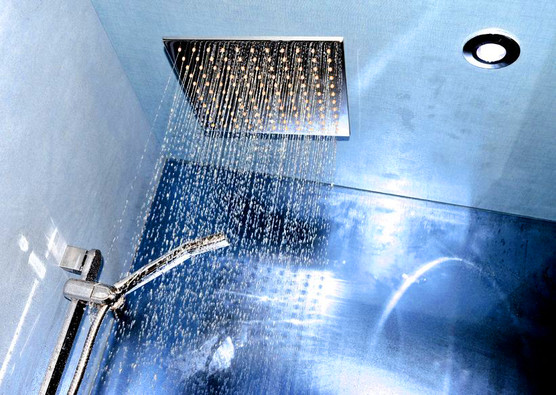Jan 23rd 2024
Stress Magnifies the Effect of Air Pollution
. . . don't underestimate the importance of stress-reduction strategies Here's an interesting study that bears witness to the role stress can play in making us more vulnerable to the bad effects of environmental pollution. Traffic pollutants like nitrogen oxides can damage lung tissue and make asthma worse. Researchers at the University of Southern California wanted to know how stress combined with higher nitrogen oxide levels would affect lung function in a group of almost 1,400 children. They assessed how stressful the children's living environments were, then measured nitrogen oxide levels in the air where the children lived as well as several indicators of lung function in the children. When nitrogen oxide levels went up by 22 parts per billion, lung function in the kids from high-stress homes got 5% worse. However the same increase in air pollution had no affect at all on the kids living in low-stress homes! An earlier study by some of the same researchers found that when…
read more Fuel your life with the purest vitamins
Fuel your life with the purest vitamins
